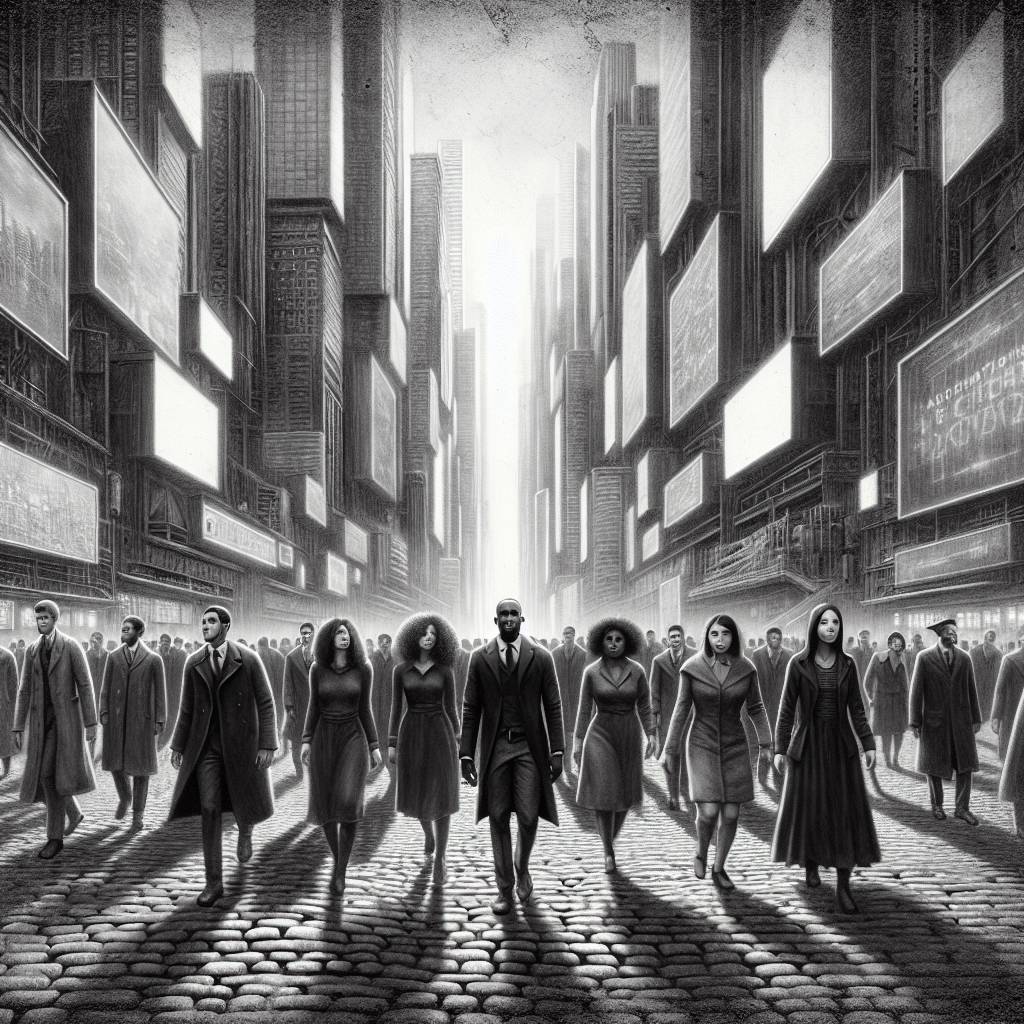AI Steals Jobs from UK Grads: The Great Tech Sector Exodus!
In the UK, AI is causing a dramatic 46% drop in tech graduate jobs. Companies are opting for experienced workers over fresh grads, leaving entry-level roles to the machines. It’s like AI is the new office intern, only cheaper, faster, and less inclined to “accidentally” unplug the coffee machine.

Hot Take:
Hold onto your graduation caps, folks! It seems AI is not just stealing the spotlight but also those precious entry-level jobs faster than you can say “unemployed graduate.” With AI taking over routine tasks once reserved for fresh talent, it’s safe to say that the robots are here, and they aren’t just making coffee. They’re doing the coding, the data analysis, and even some of the mind-numbing digital tasks that were once the bread and butter of tech graduates. Guess it’s time to add “outsmarting AI” to your skillset!
Key Points:
- Graduate jobs in the UK tech sector have dropped by 46% in the past year, with a further 53% decline projected.
- AI is taking over routine entry-level tasks, leaving graduates jobless and companies hiring experienced workers.
- The tech and pharma sectors are the hardest hit, with an 8% overall decline in graduate hiring.
- AI isn’t deeply embedded in the graduate recruitment process yet, but its use is growing.
- Companies are redesigning recruitment processes to prevent AI-assisted cheating by applicants.
AI: The Unwanted New Hire
In the latest episode of “AI Takes Over the World,” the UK tech sector is seeing a dramatic drop in graduate jobs, with a reported 46% dive in the past year and a terrifying 53% drop forecasted. Like a bad sequel, AI is swooping in to steal the spotlight and, unfortunately, those entry-level gigs that tech graduates used to rely on. Routine coding, data analysis, and digital tasks are now the playground of algorithms and machine learning models, leaving fresh graduates with little more than a cap, gown, and a whole lot of student debt.
Tech Titans Opt for Experience
Despite the grim statistics, companies still crave tech talent. However, they’re playing a game of “keep away” with recent grads, favoring seasoned professionals who don’t need hand-holding through the basics. The result? Tech and pharma sectors are hardest hit in the hiring landscape, and graduates are left wondering if they should’ve opted for a career in interpretive dance instead of computer science. It’s a jungle out there, and in this Darwinian job market, only the experienced survive.
The Irony of AI Recruitment
Now, here’s a twist: while AI is busy taking jobs, it’s not quite running the recruitment show yet. According to the ISE survey, AI isn’t fully embedded in the hiring process, with gamified assessments being the most common application at a mere 15% adoption rate. The irony is thicker than a London fog: AI is taking jobs but not hiring for them. Employers are, however, on guard for AI-assisted cheating, with a hefty 79% revising their recruitment strategies to outsmart future tech-savvy applicants.
Guarding Against AI Shenanigans
In a world where AI can write your resume, take your tests, and maybe even attend your interview (virtually, of course), there’s a growing concern among employers about the potential for AI-assisted cheating. A whopping 79% of employers are revamping their recruitment processes to ensure that the only machine at work is the coffee maker. Yet, only 15% of employers have never suspected AI foul play in assessments, proving that while AI might be a whiz at math, it’s not fooling anyone in the honesty department.
Graduate Jobs: An Endangered Species?
The tech industry’s current trajectory is like a Shakespearean tragedy, where everyone knows the ending, but no one wants to stop the show. The ISE’s figures paint a picture of an industry that’s devouring its own young. With tech giants like Salesforce, Workday, and Microsoft leading the charge, cutting thousands of jobs in favor of AI, the entry door to tech careers is closing faster than you can say “AI overlord.” If this trend continues, today’s graduates might find themselves in a catch-22, unable to gain experience without a job, and unable to get a job without experience. It’s a vicious cycle, and one that might leave the industry short of mid-level professionals in the not-so-distant future.
In conclusion, the landscape for tech graduates in the UK is looking as bleak as a British winter. As AI continues to make inroads into the job market, the challenge will be to find a balance between leveraging technology and nurturing the next generation of talent. Until then, graduates might want to consider a minor in AI negotiation or perhaps a course in becoming an AI whisperer. Who knows, it might just be the skill of the future!
